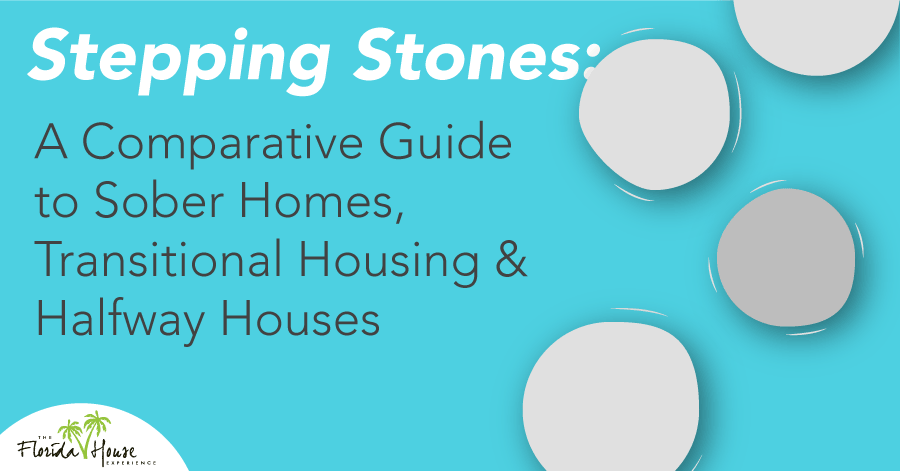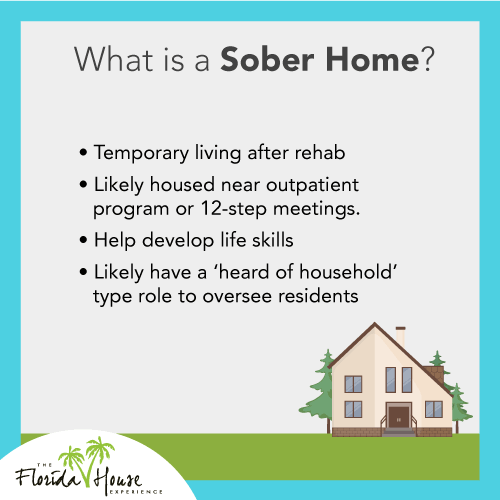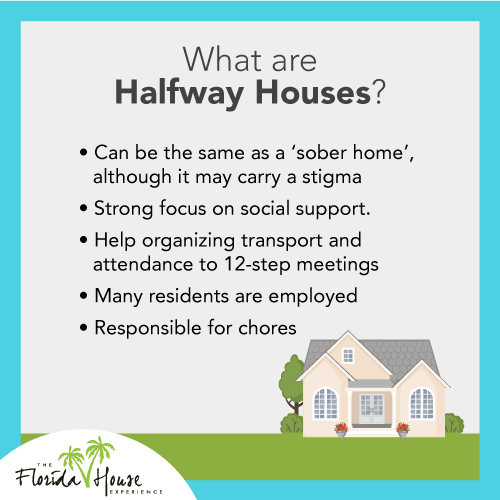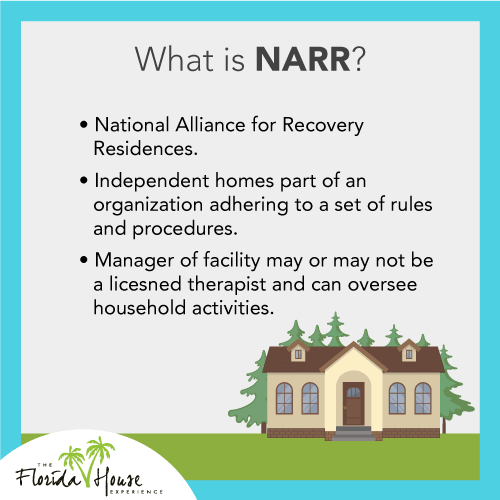
People who are working through recovery often enter residential programs for intensive care. At FHE Health, this is the foundation of detox and initial care. At some point, clients need to return to their daily lives. However, walking back into the same life — the same home, surrounded by the same people and often in the same high-risk environment — is never ideal. Those who lack a stable, drug-free and alcohol-free living environment are at high risk of relapsing.
People recovering from addiction needs a stepping stone from the inpatient care within our program to their new life. This is where transitional housing, also called sober homes, 3/4 homes or halfway houses, comes into play. There are a few differences, but in general, they provide a safe place for an individual to live and readjust to life outside a treatment center.
Why Is This Care So Valuable?
A less-than-desirable environment exposes someone in recovery to the potential triggers that can lead to relapse. A study published in the Journal of Psychoactive Drugs by the Alcohol Research Group Public Health Institute showcased the importance of social and environmental factors in recovery. The study followed 300 people through sober living houses and found that those who remained in these houses had a higher level of involvement in 12-step meetings, lower drug and alcohol use within their social networks and lower psychiatric severity.
Those who enter these environments have less exposure to triggers — something that causes a person to think about or use drugs and alcohol again. It could be a family member, stresses from a job or just a specific memory of an environment. By removing triggers, the individual is able to remain sober longer.
What Are the Options?
After you, complete inpatient drug or alcohol rehab, your counselors and medical team will meet with you to discuss what’s next. During this conversation, you may learn about opportunities for transitional living. These are usually locations with some supportive structure in place. Take a look at some of the differences you may find.
Sober Homes

Outpatient therapy continues here. However, in a sober home, you work with a professional who helps to keep you focused and provides ongoing relapse prevention education. Some locations also feature a monitoring program. You need to communicate where you are and what you’re doing so someone knows how to help you if you need it.
Halfway Houses

Many people in a halfway house are employed. If someone is unable to work initially, due to a lack of experience, there may be some help in building skills to do so. Individuals are often responsible for helping with meals, taking care of the home and maintaining relationships.
NARR: Is This an Option?

If you are able to be a part of a recovery residence, it will be important to understand what type of environment is present. The NARR doesn’t govern or manage these locations. Rather, it is an association whose members operate such programs.
There are several types of recovery residences, the most common being a peer-run organization. These are typically located in single-family homes in stable communities whose residents hold each other accountable and promise to not use drugs or alcohol. A monitored location is one step up and has a house manager present who sets rules and procedures and holds individuals accountable. These can be slightly larger and are sometimes in apartment complexes.
A supervised residence is yet another option run by a group of people. These are larger yet but can still be in traditional homes. The individuals managing the location are licensed professionals, though this licensing differs from one area to the next. A final form is a service provider, which is more like an institutional provider. This level of care is higher, though not formally the same thing as an intensive inpatient treatment program.
Where Should You Go?
If you are in drug rehab right now or entering it through FHE Health, your goal should be to focus on your current needs. From there, our team will work with you to choose the right type of transitional living for your next step.
Finding Your Initial Care at FHE Health
Individuals battling substance abuse need an opportunity to detox as well as intense residential care in many situations. Our team at FHE Health can help you or your loved one to obtain that care. From here, we can help you move into transitional living or a sober house right for your best steps forward. Contact us today to learn more about the programs we offer and how we can help you begin the journey to recovery.






